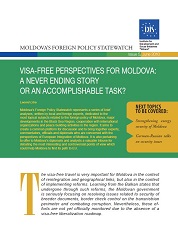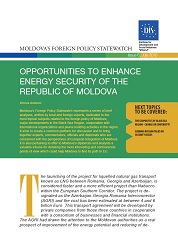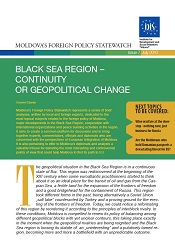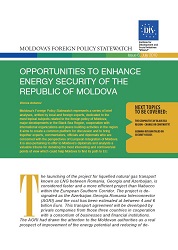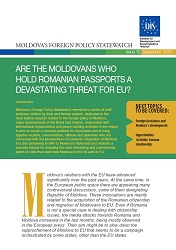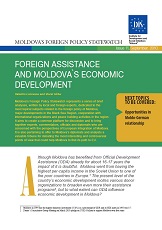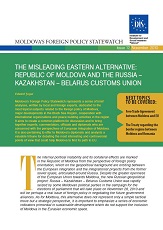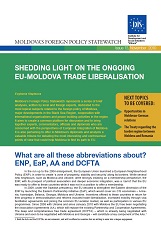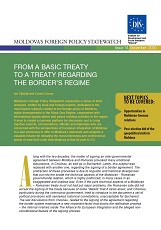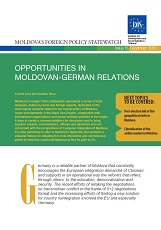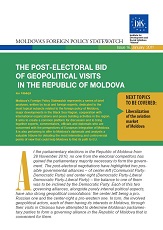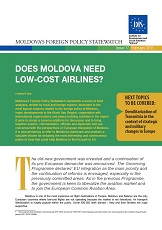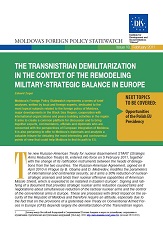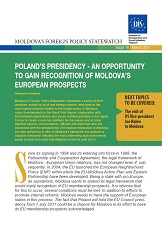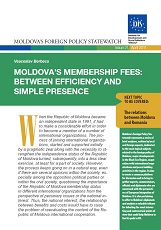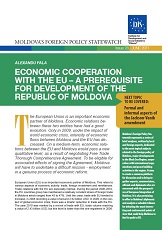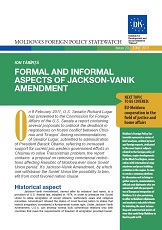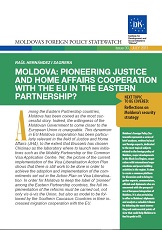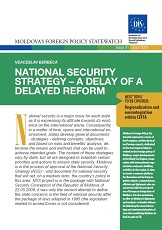Shedding Light on the ongoing EU-Moldova Trade Liberalisation
Author(s): Evghenia Sleptsova / Language(s): English
Keywords: EU-Moldova trade;
In the run up to the 2004 enlargement, the European Union launched a European Neighbourhood Policy (ENP), in order to create a “zone of prosperity, stability and security” along its borders. While several new neighbours, such as Moldova and Ukraine, were strongly insisting on a membership perspective, the ENP, with its prospect of political association and deeper economic integration, was a ‘carrot’ that the EU was ready to offer to these countries while it was not in a position to offer a membership.In 2009, under the Swedish presidency, the EU decided to strengthen the Eastern dimension of the ENP by launching the Eastern Partnership initiative (EaP), which would cover six CIS economies – Armenia, Azerbaijan, Belarus, Georgia, Moldova and Ukraine. Incentives offered to these countries in return for their progress in democratisation and reforms included trade liberalisation, increased mobility through visa facilitation agreements and joining the common EU aviation market, as well as participation in various EU programs. Since 2008 with Ukraine and since January 2010 with Moldova the EU has been negotiating the Association Agreements (AA), which will replace the existing Partnership and Cooperation Agreements. The deep and comprehensive free trade agreement (DCFTA) – which is already being negotiated with Ukraine and soon to be negotiated with Moldova and Georgia – will constitute a key component of the AAs.
More...
